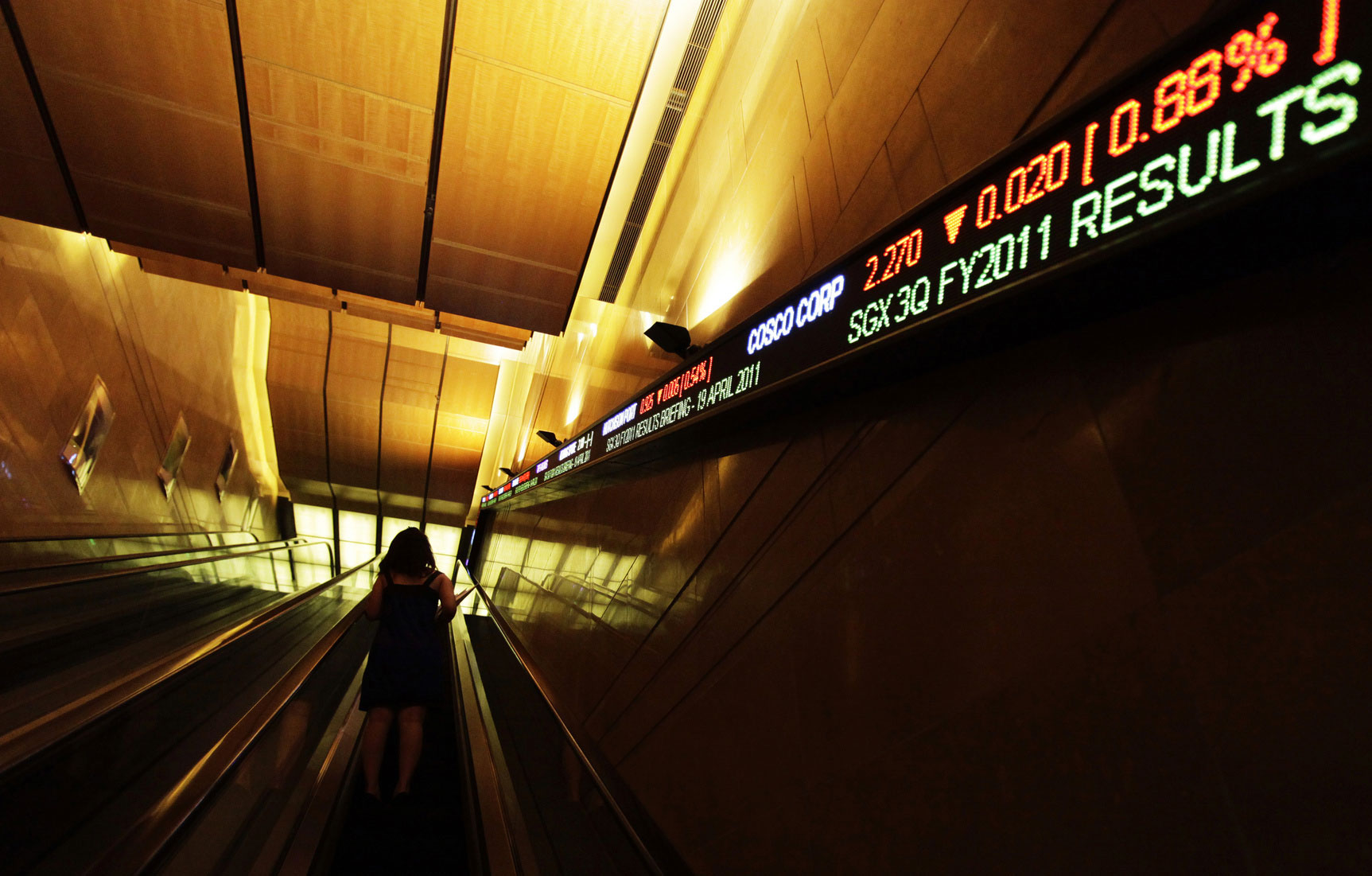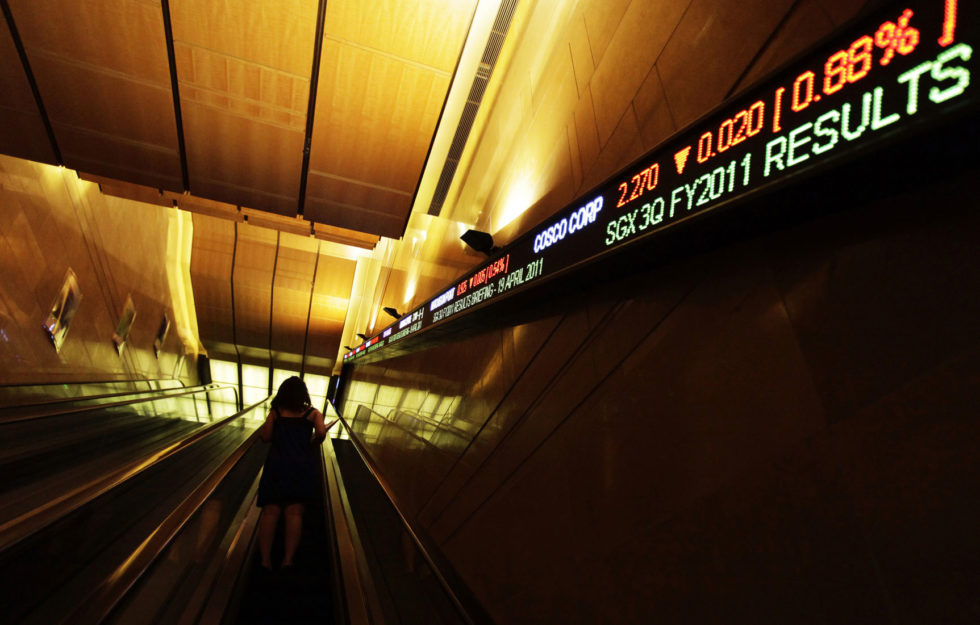Vanguard has assessed how current economic and market conditions could impact the global economy using scenario analysis, with results pointing to the probability of a deep but short recession.
Vanguard Investment’s Strategy Group Economist Beatrice Yeo used four scenarios to highlight the factors that could influence the duration and severity of a possible recession. These factors include the extent to which the virus spreads, the aggressiveness of containment efforts across the globe, and the supportiveness of monetary and fiscal policies.
The first scenario, while having a zero chance of playing out as events have now surpassed its probability, was dependent on the Coronavirus outbreak being contained within China and Asia. Given the World Health Association’s declaration the Coronavirus is a pandemic, this scenario is no longer likely and its probability was assessed as 0%.
The second scenario, which paints a deep global recession as the pandemic turns out to be larger than expected, is dependent on containment efforts remaining in place till Q2 and fiscal stimulus aiding the recovery.
In this scenario, the recession would be one of the deepest, but also the shortest in history.
The Australian, US, Japan and European economy in the scenario would experience a sharp economic contraction in coming months, followed by a recovery that would be fairly strong as early as the third quarter. China, on the other hand, will be expected to rebound in Q2 as stringent disease containment efforts are gradually lifted. However, the recovery will likely be U-shaped rather than V-shaped, as deteriorating global fundamentals will likely cap the extent of its rebound.
For this reason, Vanguard has revised China’s growth outlook for the year from 4.6% two weeks ago, to now 2%.
In Australia, Vanguard has similarly revised down its projection for 2020, with GDP expected grow around -1.0% for the full-year. While the bulk of Australia’s activity slowdown in Q1 will likely be driven by a drop in service exports, greater restrictions on household behaviour will see a large domestic demand slowdown in Q2. We expect Australia to experience its first recession in 30 years, despite continued stimulus from policy makers.
The final two scenarios – scenario three and four – are built on containment staying in place through Q3 and Q4 with a much deeper and protracted global recession, particularly if containment extends to Q4 which would delay recover until 2021.
Based on this analysis, Yeo said the following probabilities are likely – 60% probability that the recession is deep and short, 30% that the recession is deeper but quick and 10% that it is a very deep and protracted recession.
“It’s not a very positive story in the near term, but the silver lining for markets is that equity valuations are in a much more reasonable range. This in turn has translated to a sharp upturn in our annualized 10-year return outlook for local and global equities.”
She added: “It’s a good time to revisit your portfolio and rebalance back rather than sell out or go to cash.”




